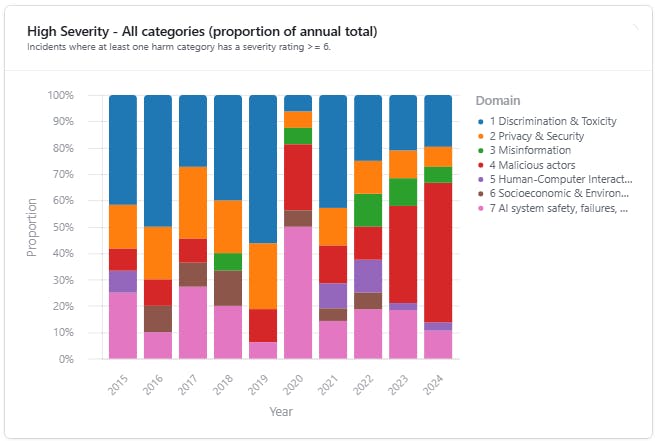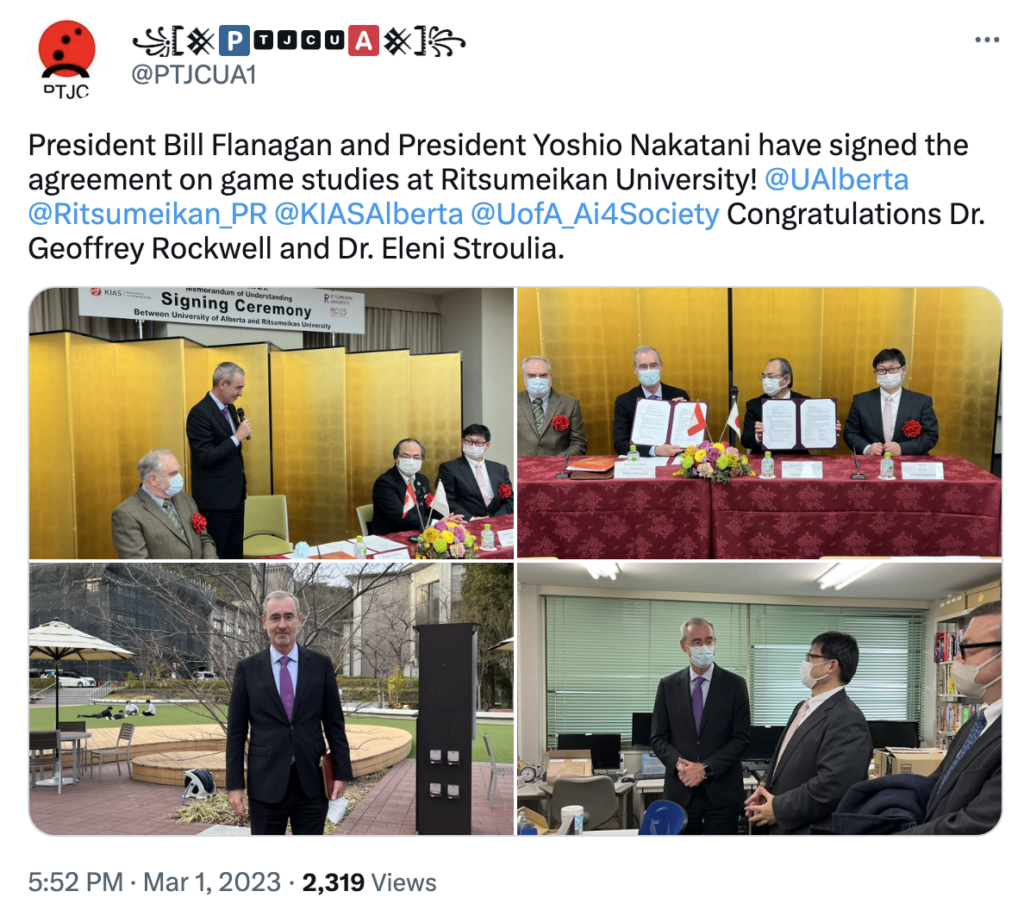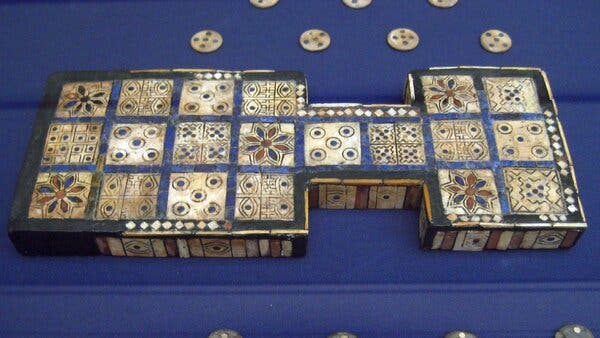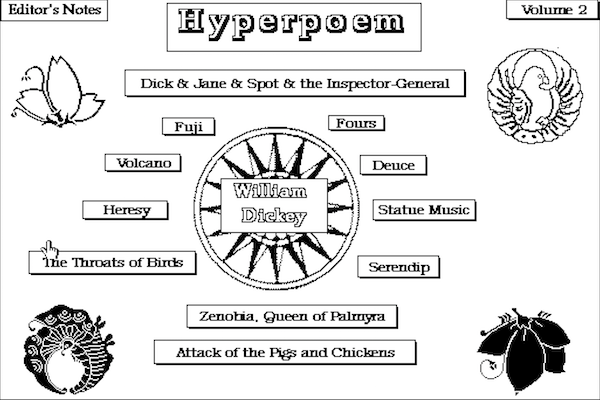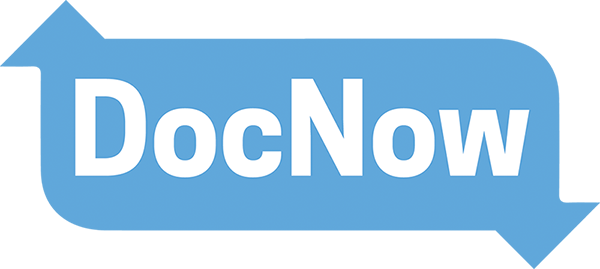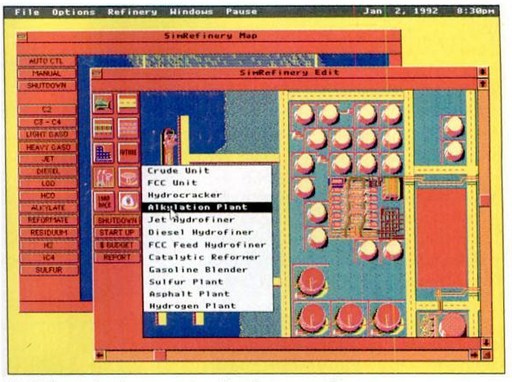The Next Generation Frontiers Symposium is in full swing in Banff! From sustainability to culture, yesterday’s sessions showcased the breadth of ideas shaping the future of AI. In a panel moderated by Hsiao-Ting Tseng, researchers Anfanny Chen, Shih-Fang Chen and Hsien-Tien Lin shared how AI can drive sustainable practices — from smarter agriculture and resource management to greener supply chains and reduced carbon emissions. Later, Annie En-Shuin Lee, Dane Malenfant, Chi-Jui Hu, and Yun-Pu Tu led a fascinating discussion, moderated by Geoffrey Rockwell, on Indigenous AI and Culture, exploring the relationship between AI, cultural diversity and Indigenous knowledge. The day highlighted how meaningful interdisciplinary exchange can spark fresh perspectives and lead to new frontiers in research. (From here)
I’ve just come back from the Next Generation Frontiers Symposium which was organized by CIFAR, Taiwan’s National Science and Technology Council, (NSTC), and the Research Institute for Democracy, Society and Emerging Technology (DSET). This brought researchers from Taiwan and Canada to talk about Responsible AI, Sovereign AI, AI and Sustainability, and Indigenous AI and Culture. I moderated the Indigenous AI and Culture theme which looked at how AI might impact indigenous communities in both Taiwan and Canada. Some of the reflections include:
- Indigenous community are often poorly represented in LLMs. We need ways for communities to be able to personalize models for their community with knowledge from their community.
- The mass scraping of the Internet with little regard for ownership or consent of content creators is more of the extractive and colonizing behaviour that leads many indigenous communities to distrust settler nations.
- There are knowledge practices and types of knowledge like gendered knowledge, age-specific knowledge, and location-based knowledge that simply cannot be datafied and modelled if they are to maintain their character.
- Datafication and modelling work with measurable evidence. Anything that can’t be captured, sampled, and measured can’t then be datafied and thus can’t be modelled. Further, there is the danger that such evidence and knowledge will be deligitimized as unmeasurable and eventually excluded and fiction or mysticism. We could end up believing that only what we could datafy and model is knowledge.
- Western espistemological practices of openness, science and replicable results should not be imposed on communities with different epistemological practices. AI is the product of Western epistemology and thus may never be compatible with indigenous wisdom.
- We need to respect the desire of some communities to be forgotten and thus not scraped at all for measurable knowledge. Some may choose opacity.
- Knowledge and its materials taken from communities should be returned. Communities should be supported to develop their own ways of preserving their knowledge including ways of datafying and modelling their knowledge, if they so wish.
Margaret Tu, one of the participants in the session, wrote a moving essay about the need for cultural safety for indigenous communities in the face of disaster in Taiwan. See Taiwan’s Barrier Lake Disaster Intersects With Its Troubled Indigenous Policy. It ends with this wisdom,
Disasters demand speed, but recovery demands reflection. For the Fata’an, healing will not come from relocation alone; it must be rooted in both land and culture.
